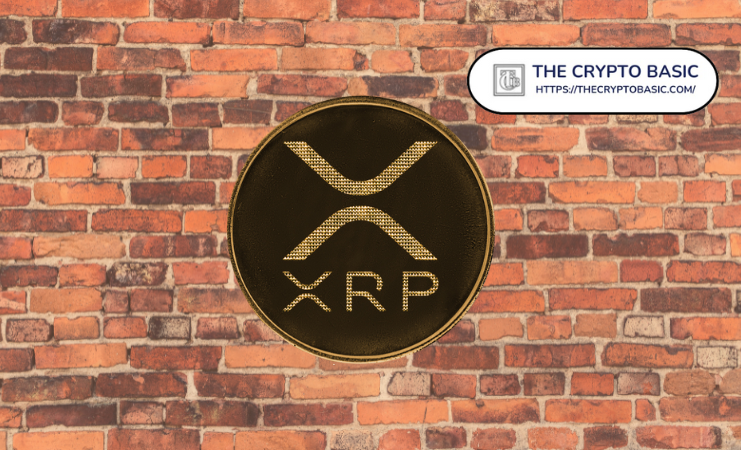Deaton says the document is cited in his amicus brief.
Bailard Inc., a United States Securities and Exchange Commission-registered investment adviser and broker, allows investments in XRP which it says is “generally” viewed as a currency.
“In light of the extremely complex nature of the legal analysis regarding cryptocurrencies to determine which ones are securities and which ones are not, Bailard has decided to allow investments in three cryptocurrencies – Bitcoin, Ethereum, and XRP – that are generally accepted to be currencies and are not currently subject to regulation by the SEC,” the firm writes on its Code of Ethics page on the SEC website.
While it is unclear when the firm initially wrote this, it was last updated on Jan. 4, 2021, nearly two weeks after the SEC filed a complaint against Ripple alleging XRP to be an unregistered security.
A member of the XRP community @thestandard_xrp on Twitter shared a screenshot of the page today.
Notably, it is not the first time that Bailard’s code of ethics has come under scrutiny within the XRP community as a possible source of support against the SEC’s claims. @XrpMr previously shared this information in November 2021, attributing the find to popular crypto influencer Ben Armstrong AKA Bitboy Crypto.
Today, Attorney John Deaton noted that the document is cited in his brief filed on behalf of over 75k XRP holders as a friend of the court in the SEC v Ripple case asserting that the Judge has seen it.
Yes. It in the brief i filed.
— John E Deaton (@JohnEDeaton1) February 17, 2023
Meanwhile, it will not be the first time public documents have referred to XRP as a virtual currency. In a lengthy thread last December, Deaton pointed out several instances where government offices and regulators referred to or implied XRP was a virtual currency. As highlighted by the attorney, the US Government Accountability Office and the Financial Crimes Enforcement Network in 2014 and 2015, respectively, referred to XRP as a virtual currency.
More to the heart of the SEC case, the SEC itself, through the Hinman speech, disclosed that decentralized network assets do not constitute securities. A year later, as Deaton pointed out, the SEC, in its digital asset framework, says that crypto, which users can readily use for payments, is unlikely to satisfy Howey’s test and, as such, can not be classified as a security.
Deaton, using these facts, argued that even if the SEC wins against Ripple, it is improbable that the regulator will win against its executives. According to the lawyer, the agency has to prove that it was evident to the ordinary person that XRP was a security, as it alleges. However, in light of these records, it is likely to be an uphill task, as Deaton asserts.
After over two years, the SEC case against Ripple awaits a court decision, as both parties have submitted the required briefs.
DisClamier: This content is informational and should not be considered financial advice. The views expressed in this article may include the author's personal opinions and do not reflect The Crypto Basic opinion. Readers are encouraged to do thorough research before making any investment decisions. The Crypto Basic is not responsible for any financial losses.



